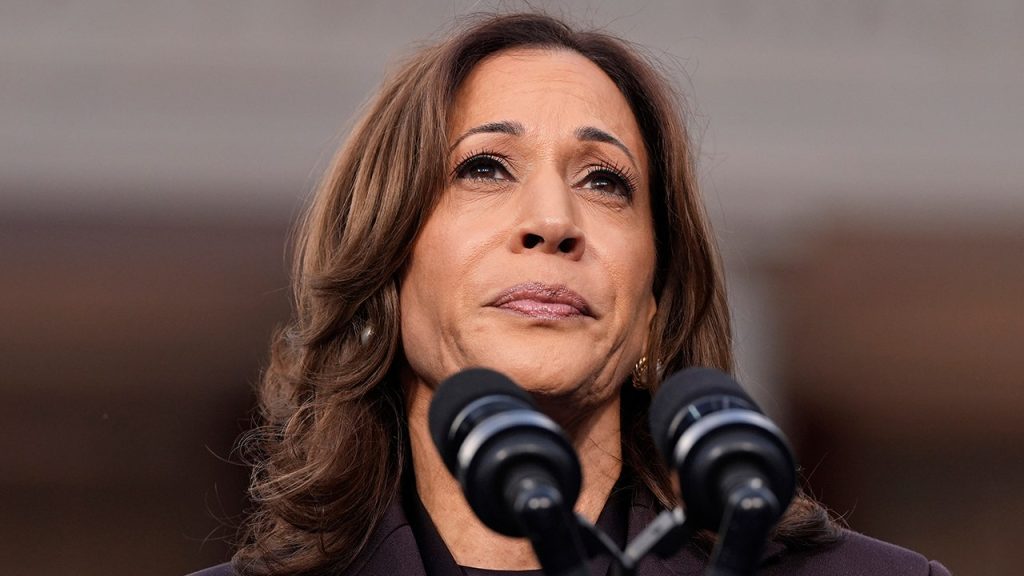The Democratic Party was thrown into disarray after Vice President Kamala Harris suffered a devastating defeat at the hands of President-elect Donald Trump. Despite initial polling indicating a close race that might require recounts and lawsuits, Trump’s victory was swift and resounding. After the loss, Democrats across the nation accepted the results but quickly turned on each other, engaging in a blame game to explain the unexpected outcome. Vermont Sen. Bernie Sanders accused the party of abandoning the working class, while former Speaker of the House Nancy Pelosi defended their commitment to these voters.
The Harris campaign and Biden campaign were reported to be blaming each other for the loss, with some members of the Harris team claiming that the odds against them were insurmountable, especially after Biden’s low approval ratings and exit from the race following a disastrous debate performance. Members of the Biden campaign shot back, questioning how Harris could spend $1 billion and still lose. White House spokesman Andrew Bates emphasized that criticizing Harris’ campaign was at odds with President Biden and his administration.
Additionally, Pelosi shifted blame to Biden, arguing that his late exit from the race prevented the chance for an open primary and alternative candidates. The endorsement of Harris by Biden and a lack of an open primary process were seen as contributing factors to the eventual defeat. Some Democrats also pointed fingers at former President Barack Obama, alleging that his allies and former advisers pushed Biden out of the race and then led the Harris campaign astray with outdated strategies that ultimately failed to resonate with voters.
Other key figures in the party, such as Democratic strategist David Axelrod, highlighted the party’s shift away from blue-collar, middle-class voters as a contributing factor to the loss. There were criticisms of the VP choice, with some suggesting that Pennsylvania Gov. Josh Shapiro, a contender overlooked in favor of Minnesota Gov. Tim Walz, would have been a better selection to help secure victory in key battleground states. Longtime Democratic political consultant James Carville also pointed to a critical moment in an interview where Harris struggled to identify differences between herself and Biden.
Overall, the Democratic blame game following Harris’ defeat by Trump highlighted internal divisions within the party and raised questions about their ability to connect with working-class voters and appeal to a broad base of supporters. The fallout from the election loss underscored the challenges facing Democrats as they seek to regroup and rebuild ahead of future election cycles. Reflections on campaign strategies, messaging, and candidate selection will be crucial as the party navigates the aftermath of a surprising and disappointing outcome.














